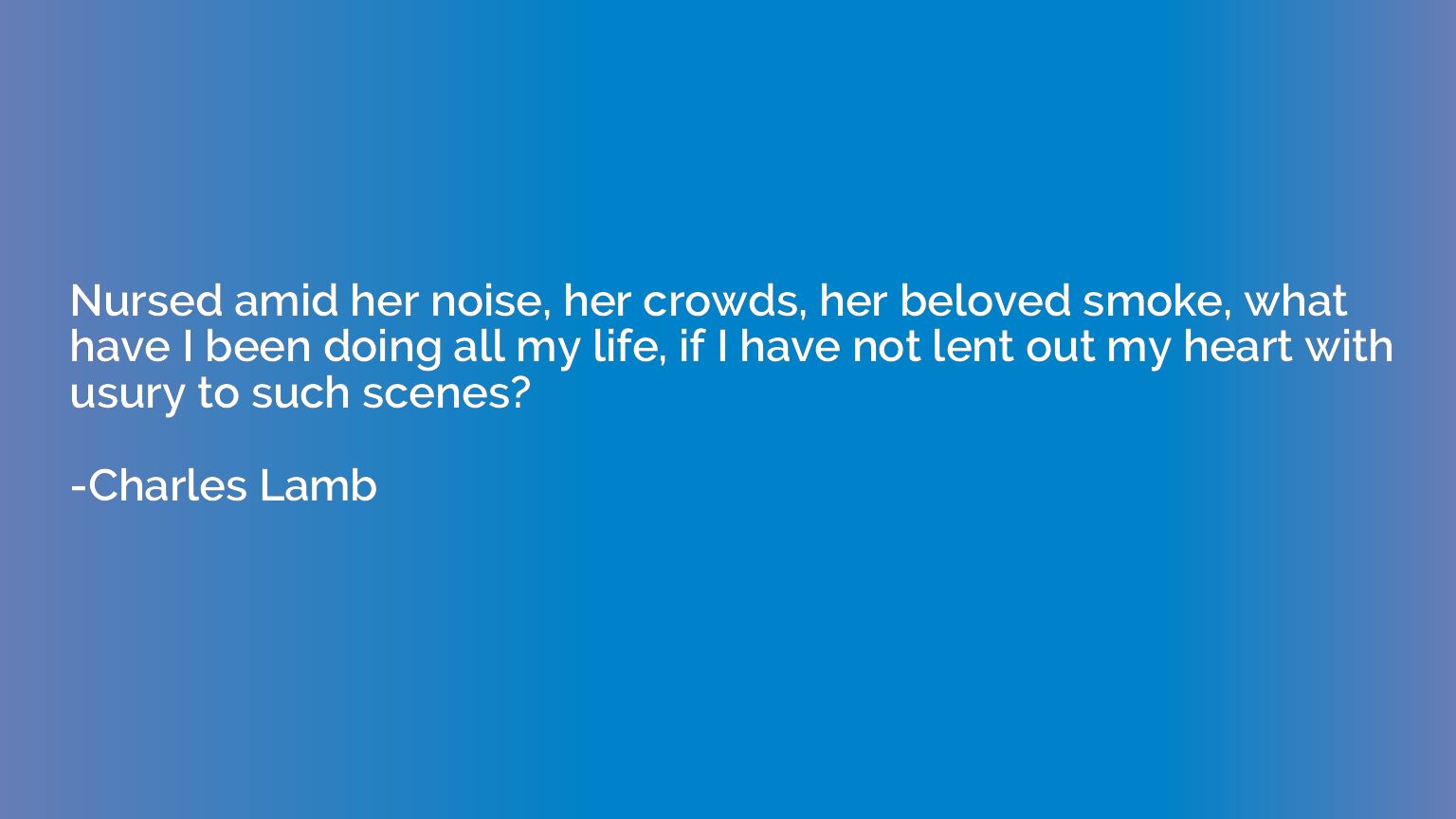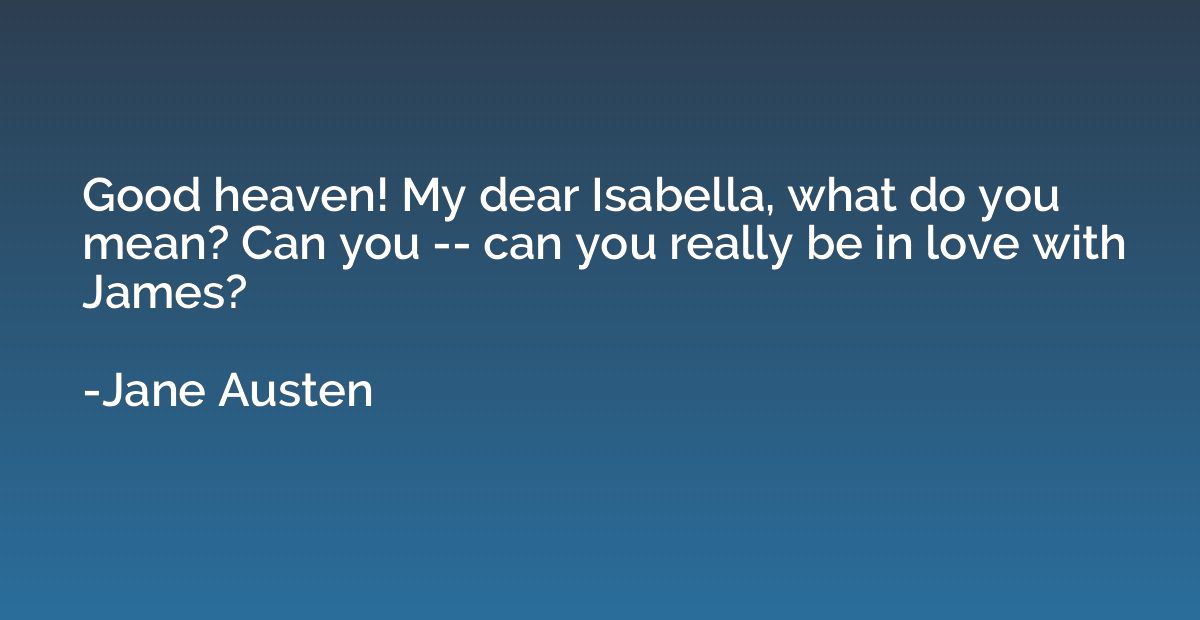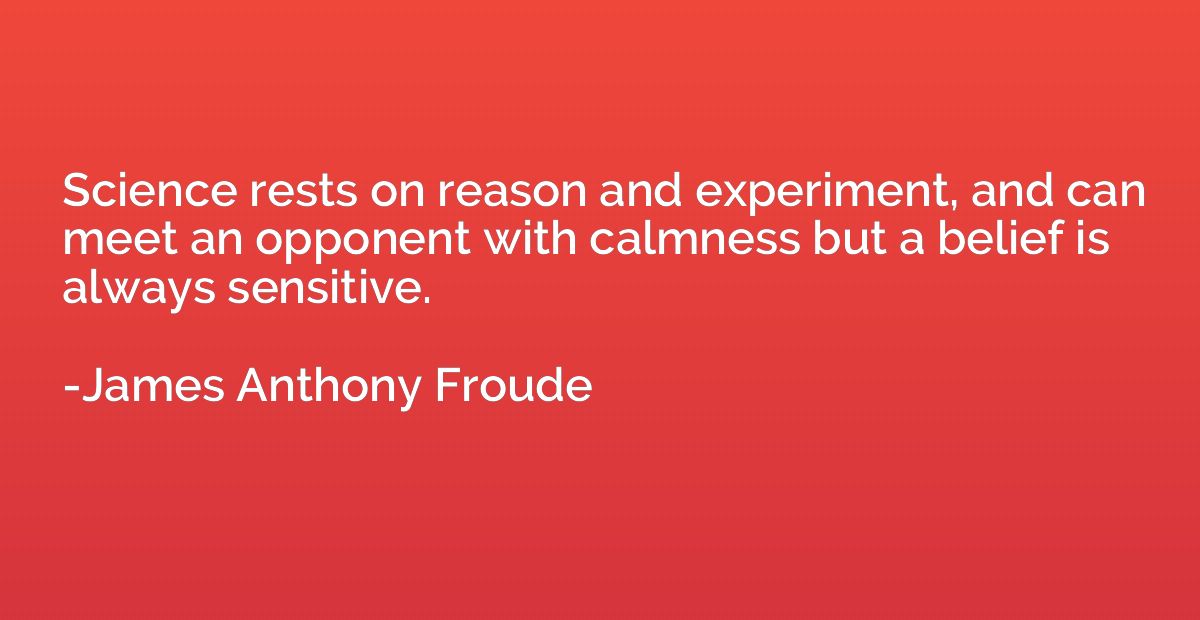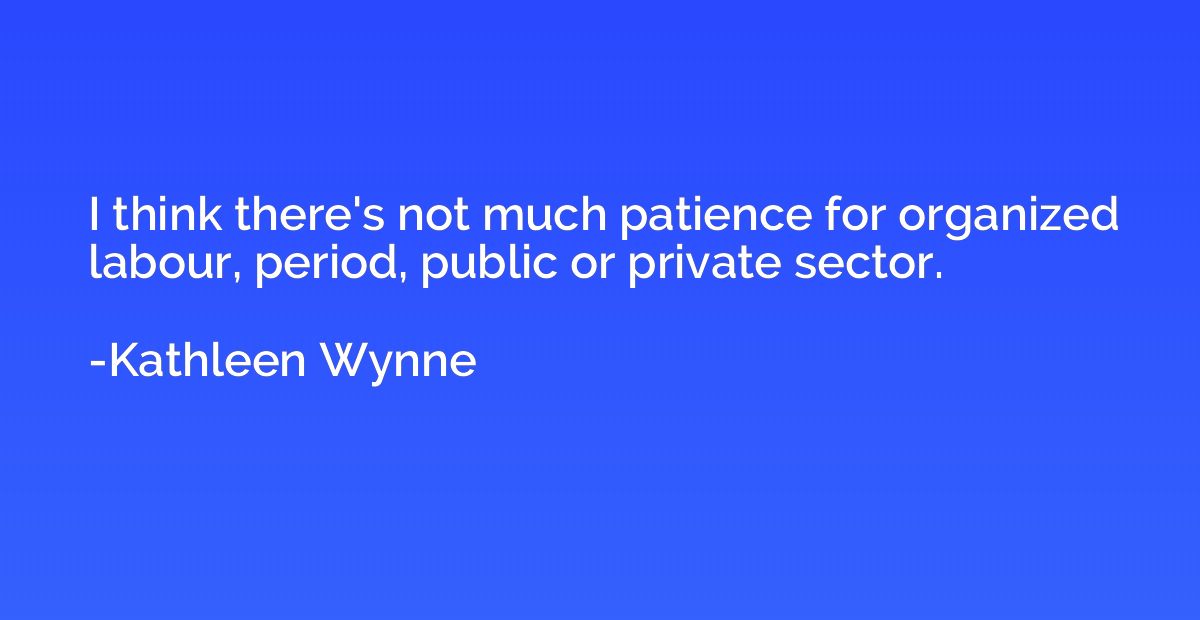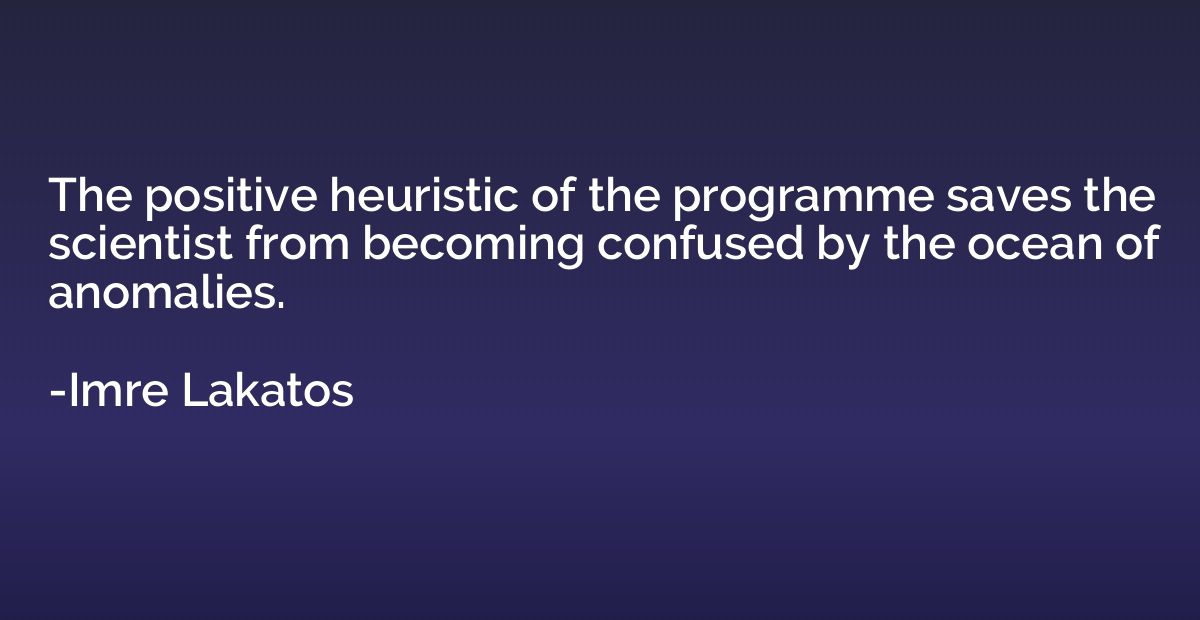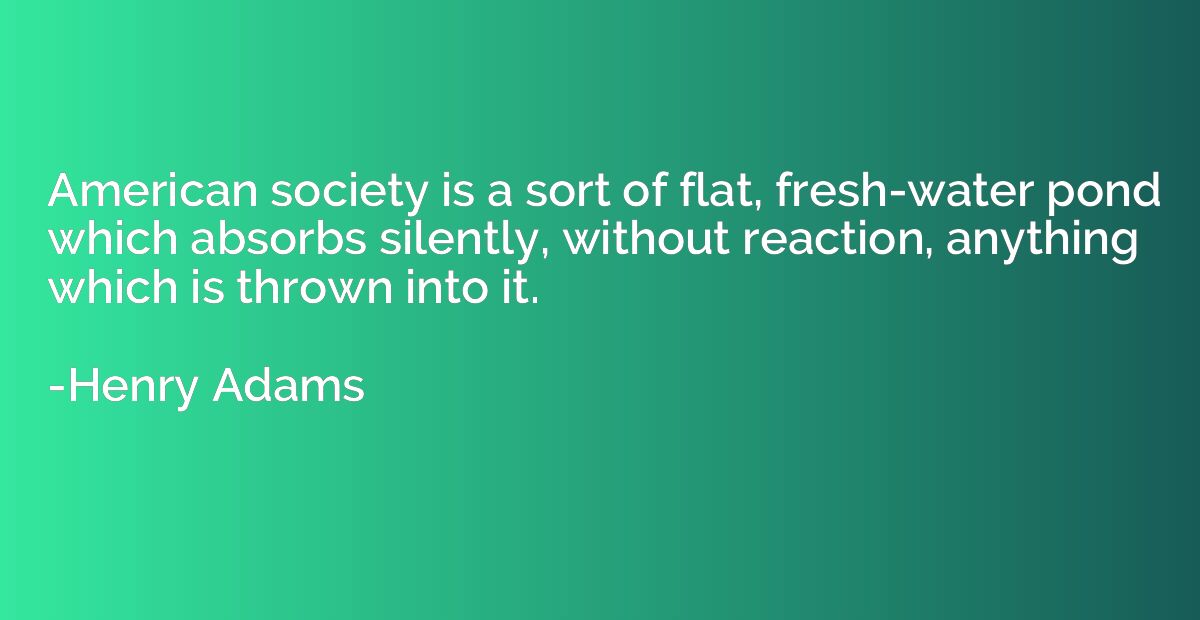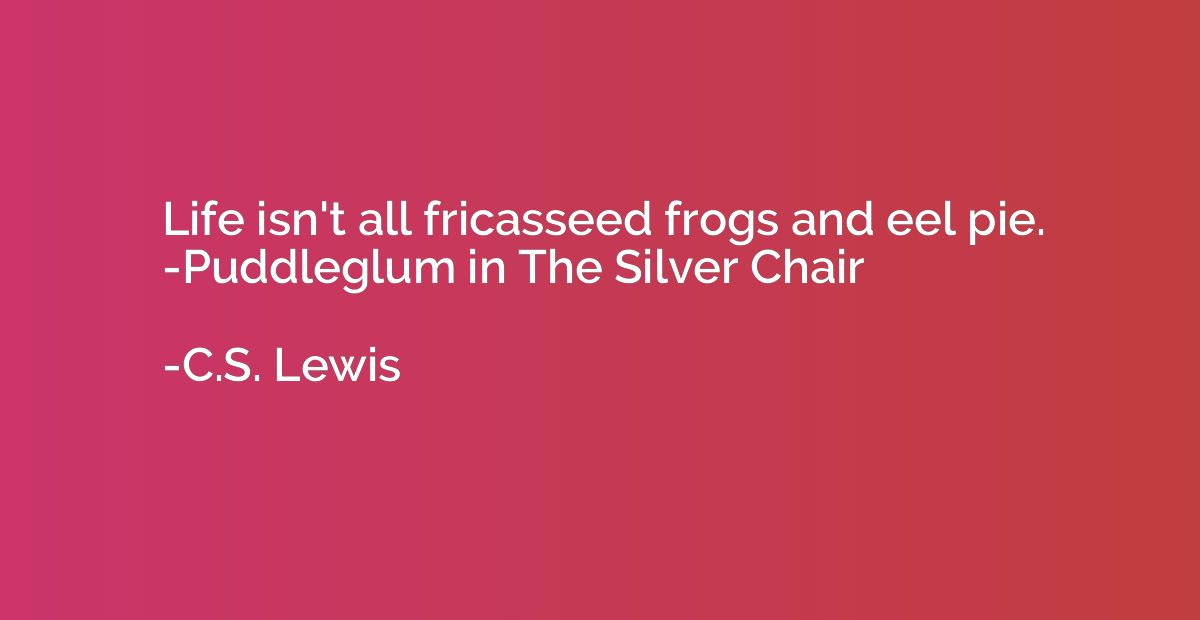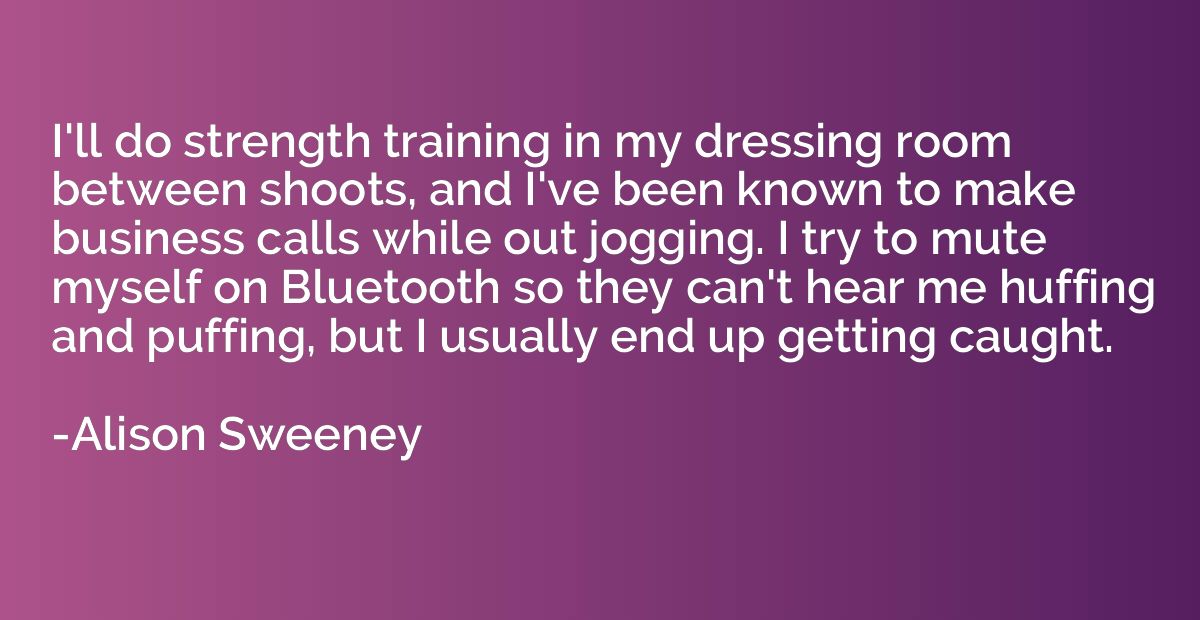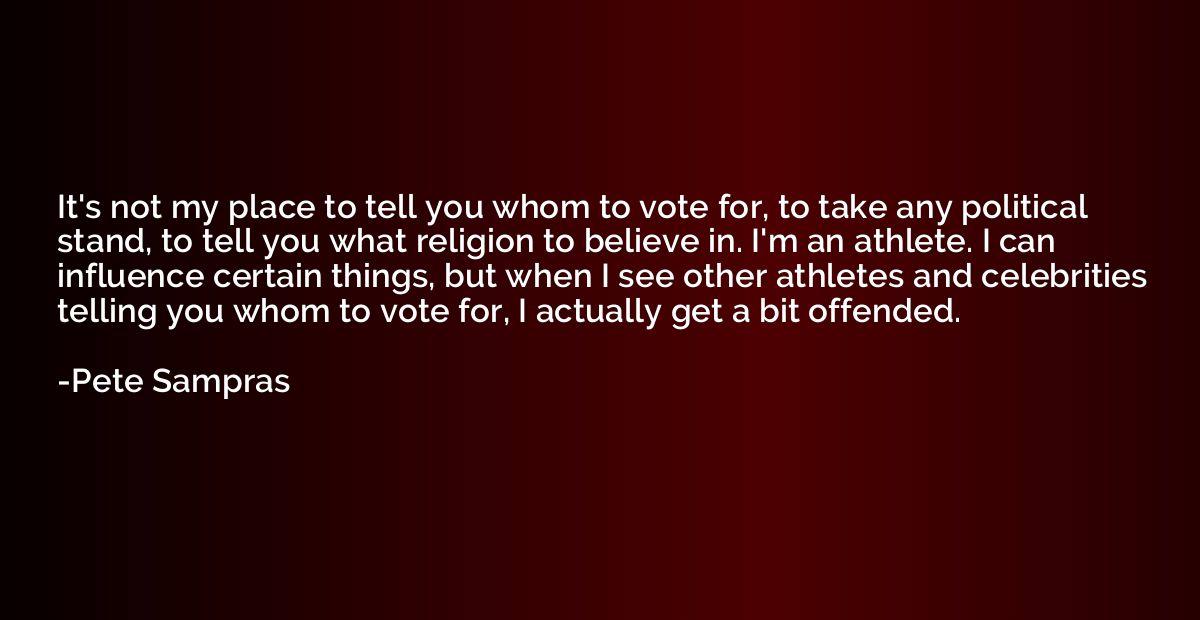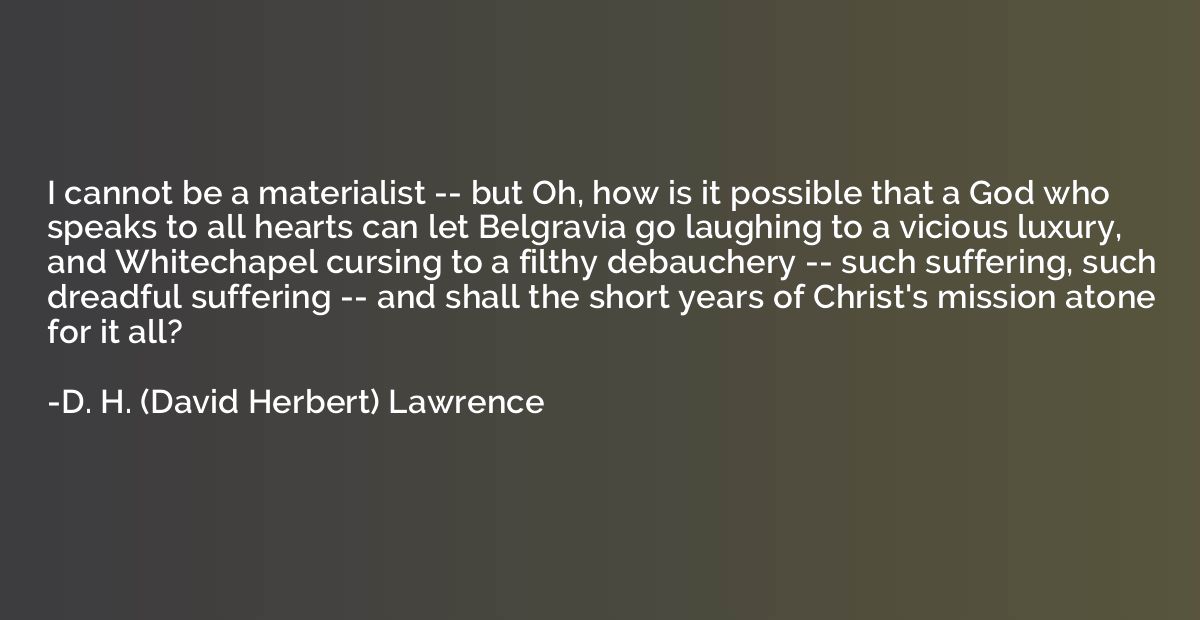Quote by Christopher Hitchens
Well, as Hannah Arendt famously said, there can be a banal aspect to evil. In other words, it doesn't present always. I mean, often what you're meeting is a very mediocre person. But nonetheless, you can get a sort of frisson of wickedness from them. And the best combination of those, I think, I describe him in the book, is/was General Jorge Rafael Videla of Argentina, who I met in the late 1970s when the death squad war was at its height, and his fellow citizens were disappearing off the street all the time. And he was, in some ways, extremely banal. I describe him as looking like a human toothbrush. He was a sort of starch, lean officer with a silly mustache, and a very stupid look to him, but a very fanatical glint as well. And, if I'd tell you why he's now under house arrest in Argentina, you might get a sense of the horror I felt as I was asking him questions about all this. He's in prison in Argentina for selling the children of the rape victims among the private prisoners, who he kept in a personal jail. And I don't know if I've ever met anyone who's done anything as sort of condensedly horrible as that.
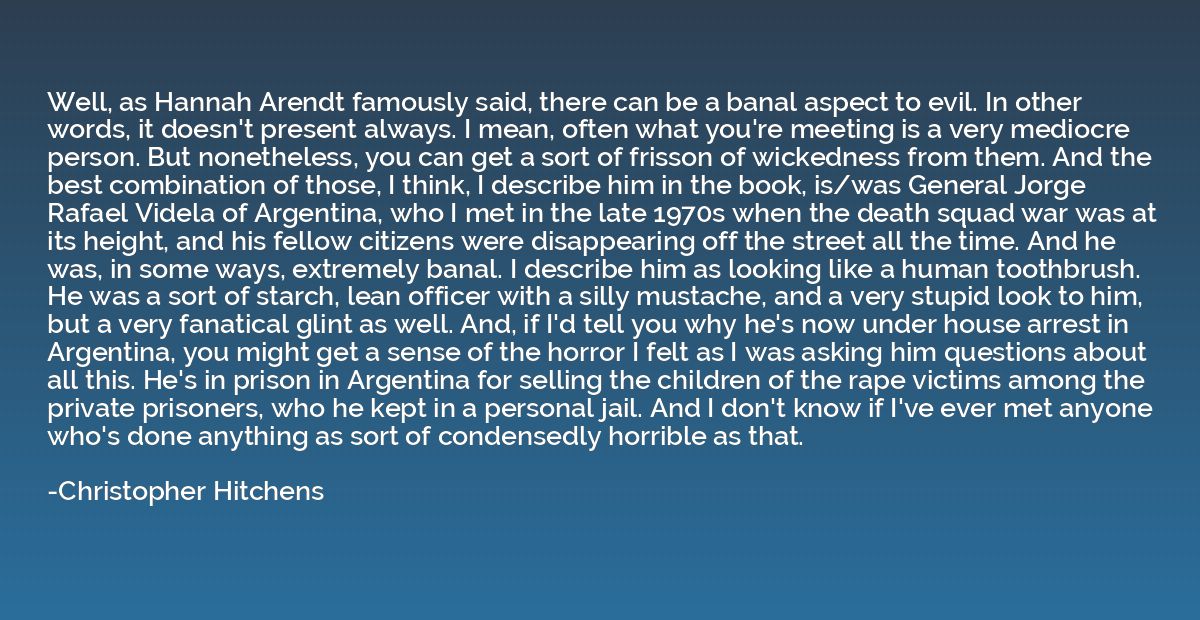
Summary
The quote is from Christopher Hitchens, who reflects on the banality of evil and his encounter with General Jorge Rafael Videla of Argentina. Hitchens describes the general as a mediocre person with a silly mustache and a fanatical glint. However, the horror truly sets in when Hitchens reveals that Videla is under house arrest for selling the children of rape victims, who were kept as private prisoners in a personal jail. Hitchens expresses his shock and suggests that he has never encountered someone who has committed such condensed evil. The quote encapsulates the paradoxical nature of evil, where the most horrific actions can be perpetrated by seemingly ordinary individuals.



